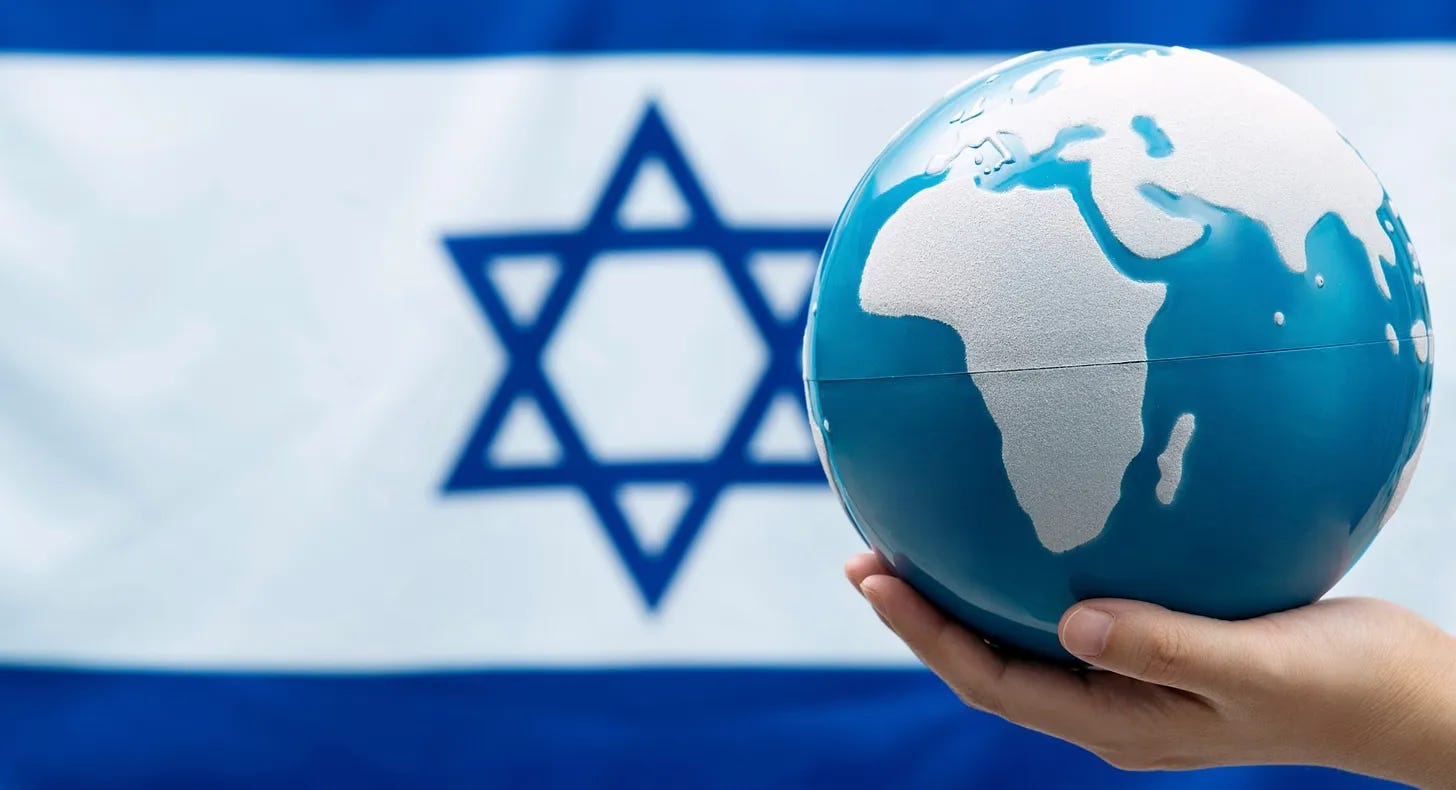Is Adam Sandler Good for the Jews?
By Ross Kagan Marks

Adam Sandler reminds me of so many Jewish friends growing up in Highland Park, Illinois in the 1980s. He just looks and acts, well, Jewish. He’s got the curly “Jew-fro” hair, pronounced features, energetic wit, and goofy mannerisms.
Adam Sandler’s comedy is like comfort food to me. Watching his movies transports me back to my childhood, a time when everyone in my community was seemingly Jewish and fun. Funny. Funnier. A happier time and place. Sandler’s signature shtick has the flavor of a great pastrami on Jewish rye with a potato latke, applesauce and pickled tomato on the side.
If you don’t know Adam Sandler, you likely have not watched movies for a few decades. His flicks are ubiquitous on any basic TV channel package, and he now has a multi-picture deal with Netflix worth $275 million.
For those not in the know, Sandler is an actor, comedian, writer, and producer. He gained popularity in the 1990s as a cast member of Saturday Night Live and went on to have a huge career on the big screen. Basically, he created his own genre – The Adam Sandler Film. Some of his notables include Billy Madison, Happy Gilmore, 50 First Dates, The Waterboy, Wedding Singer, and Grown Ups.
Sandler is every bit as famous for comedy in 2024 as the great Jewish comics of the past; figures like Henny Youngman, Jackie Mason, Mel Brooks or Joseph Levitch (professionally known as Jerry Lewis).
But Sandler has also taken risks outside of his comfort zone, playing dramatic roles in films such as Punch Drunk Love, Spanglish, The Meyerowitz Stories, Funny People, and Uncut Gems — to me his greatest work to date. In Gems, Sandler plays a not-so-good Jew with seemingly masochistic tendencies. In other words, a complex human character. It’s the depth of his darkness — combined with the potential good in him — that gets you.
Sandler’s unique comedic style is known for incorporating physical comedy, exaggerated characters, and humorous songs into his performances. It’s an approach that’s earned him both commercial success and critical acclaim — and an incredibly loyal fan base. He frequently references Jewish culture, customs, and holidays into his movies, bringing attention to Jewish experience and traditions.
But is Adam Sandler “good for The Jews?” Some folks may say he’s a bit “over the top.” That the Jewish parts of his comedy attract too much attention. After all, at a time when antisemitism is at an all-time high, shouldn’t he tone it down a tad? Be a little less Jewish?
Not a chance. He’s a Jew. He says it loudly and proudly. And funny!
Take The Hanukkah Song, for example. One of Sandler's most well-known contributions to Jewish culture, it celebrates and humorously acknowledges famous individuals who are Jewish. The song has practically become a Jewish anthem — right there with Hava Nagila and Shalom Aleichem. It’s so popular during the holiday season that it gets almost as much play as Bing Crosby’s White Christmas… Okay, I exaggerate. But I’m a Jew. It’s what we do.
Yet it’s not a stretch to say that Sandler’s song has helped to increase awareness and pride in Jewish identity, as well as appreciation of Jewish culture. He even put his daughters Sadie and Sunny into his recent film: You are So Not Invited To My Bat-Mitzvah.
Through his portrayal of Jewish characters and stories in films like Eight Crazy Nights and The Hebrew Hammer, Sandler has contributed to the preservation and representation of Jewish culture in mainstream media. Like Barbara Streisand, except immeasurably funnier.
Unlike many Jewish actors who changed their Jewish sounding name and hid from their Judaism, Adam Sandler embraces his Jewish roots and identifies as a Jew. He was born to Jewish parents, Judith (born Levine) and Stanley Sandler, and raised in a Jewish household. His family heritage includes Russian Jewish, Polish Jewish, and distant Lithuanian Jewish ancestry. In his own words, Sandler told Howard Stern:
“I’m proud of being a Jew and that’s what I am. I get that from my father and mother. I’m very pro-Israel.”
Sandler's portrayal of Jewish characters and his use of humor related to Jewish culture have also resonated with millions of non-Jewish filmgoers. It has made him a likable poster-boy for the Jewish community; not bad timing after the cancellation of Woody Allen.
And when it comes to using his voice on behalf of Jews, he has spoken up. After the 34-day war with Lebanon in 2006, Sandler publicly made donations to the 400 families whose homes were damaged in the conflict. Days after the Oct. 7 massacre, Sandler signed onto an open letter condemning the assault as an act of “terrorism.” A week later, he joined a letter thanking President Biden for his strong stance on the attack — and pushing for the release of the hostages.
Of course, I do realize that individual opinions within the Jewish community vary greatly (to put it mildly), and that not everyone views Sandler’s talent or body or work in the same fashion. Yet I’d say it’s pretty undeniable that the actor has made a significant contribution to raising awareness and promoting Jewish pride and culture.
Is Adam Sandler good for the Jews?
How would I know, I got kicked out of Hebrew school.
Ross Marks is a Writer, Producer and Director who teaches film at New Mexico State University. He is the founder of the Las Cruces Int’l Film Festival.
From unpacking history and politics to navigating the nuances of family and personal relationships to finding the human angle on sports and entertainment — plus our unsparing take on what’s happening in the Jewish world — the canvas at JEWDICIOUS is limitless! JOIN US!!





